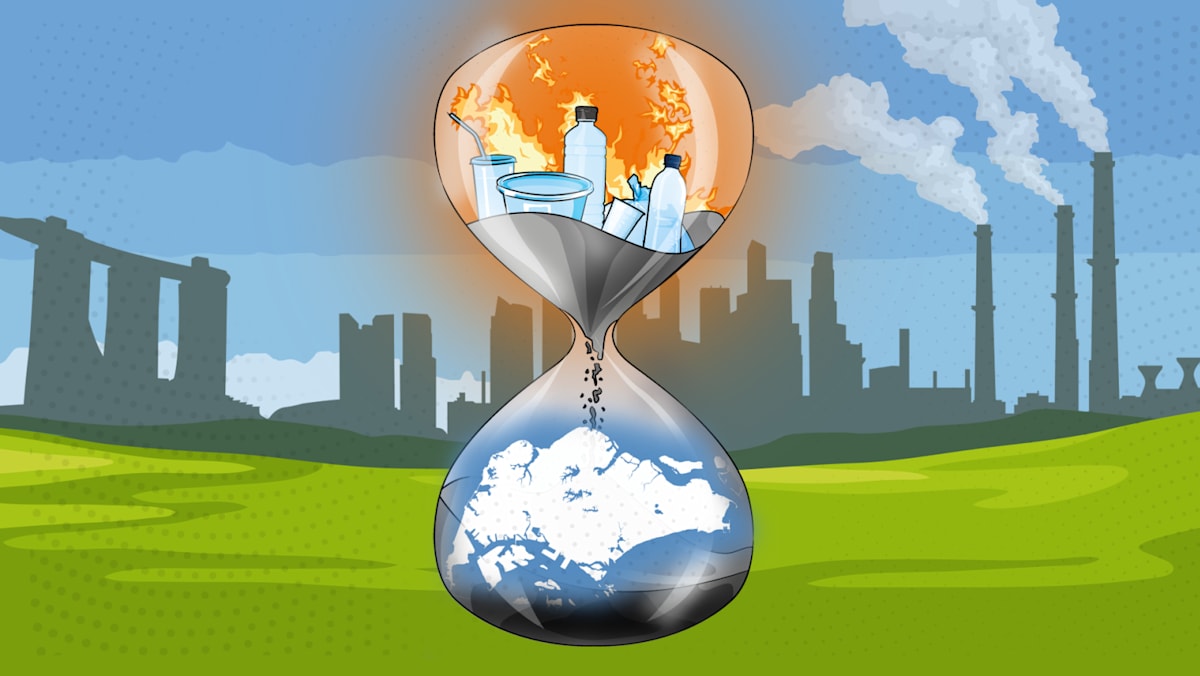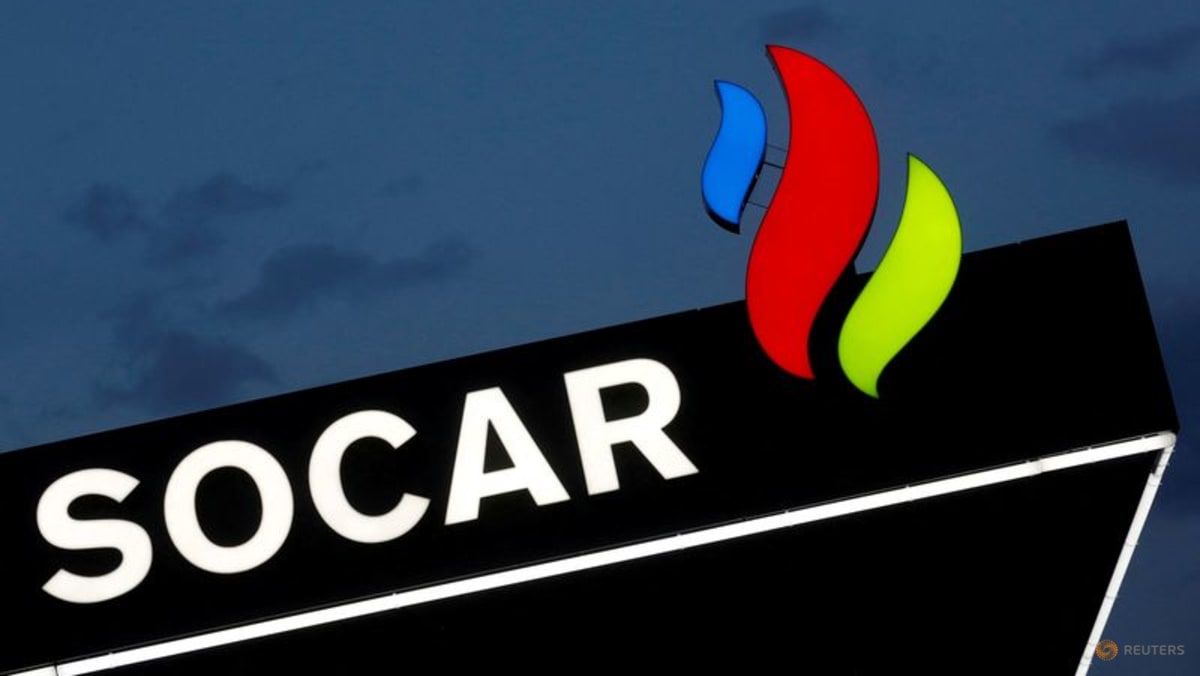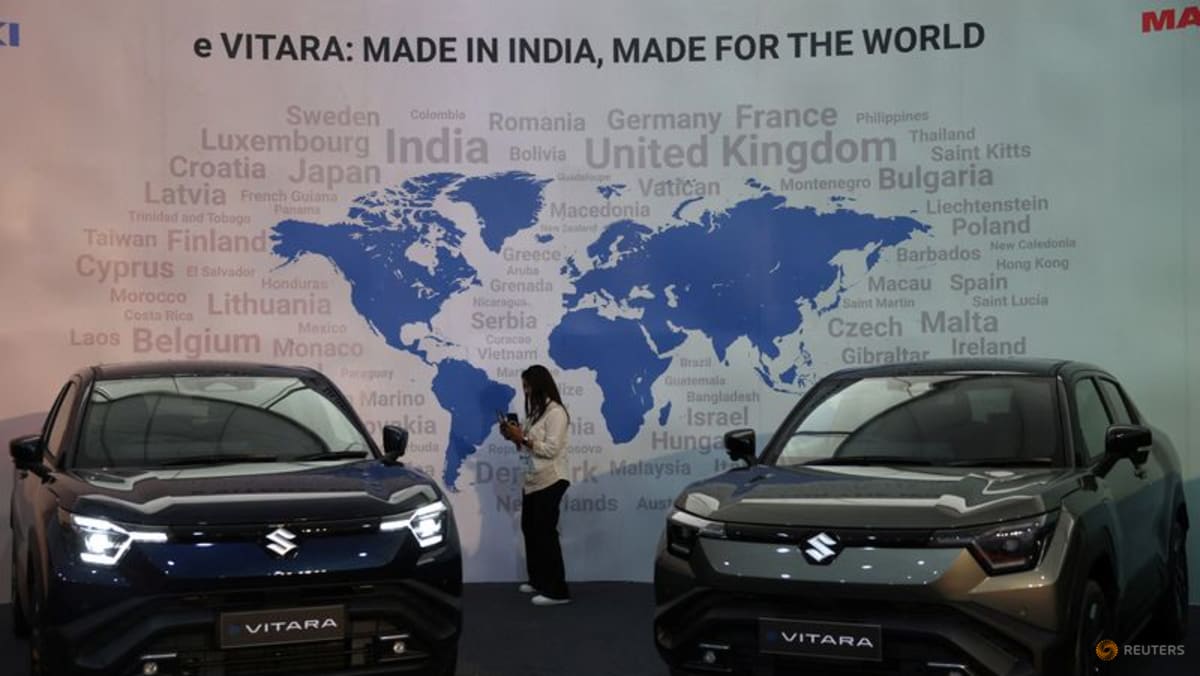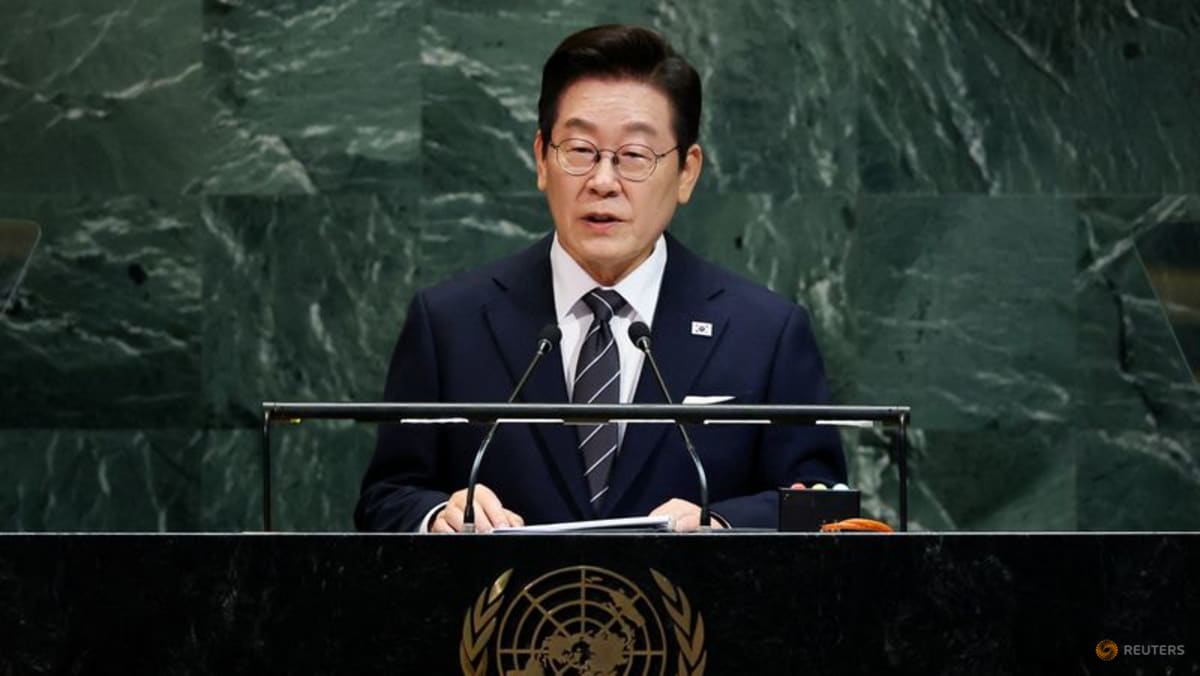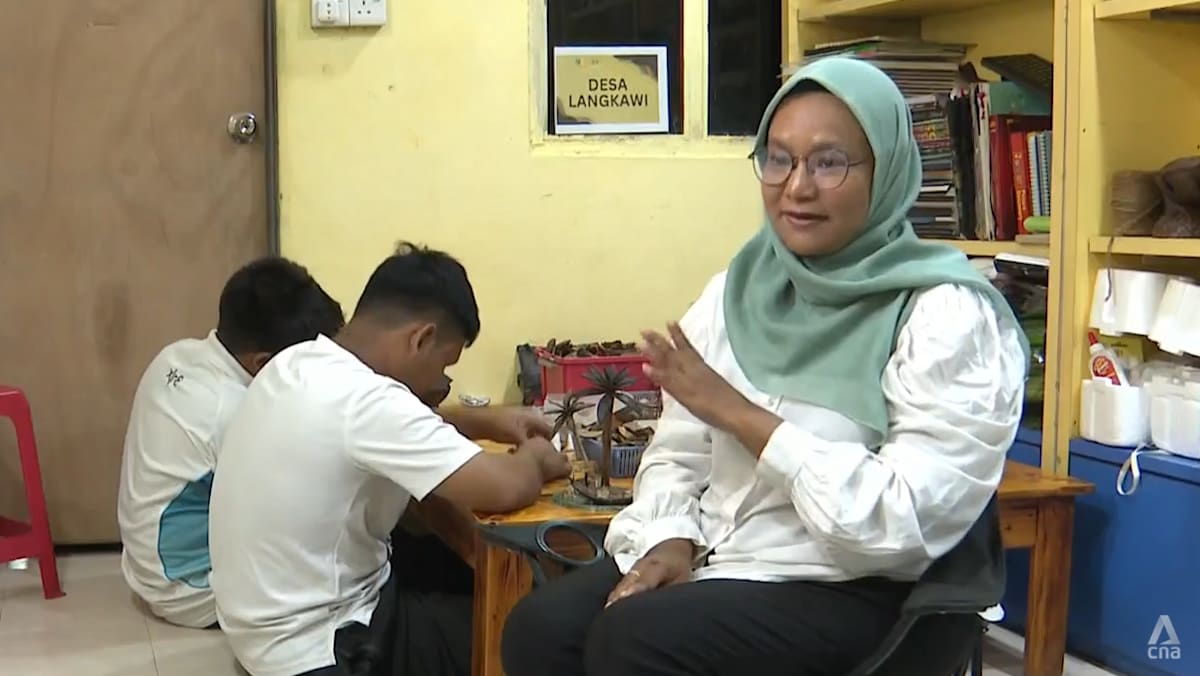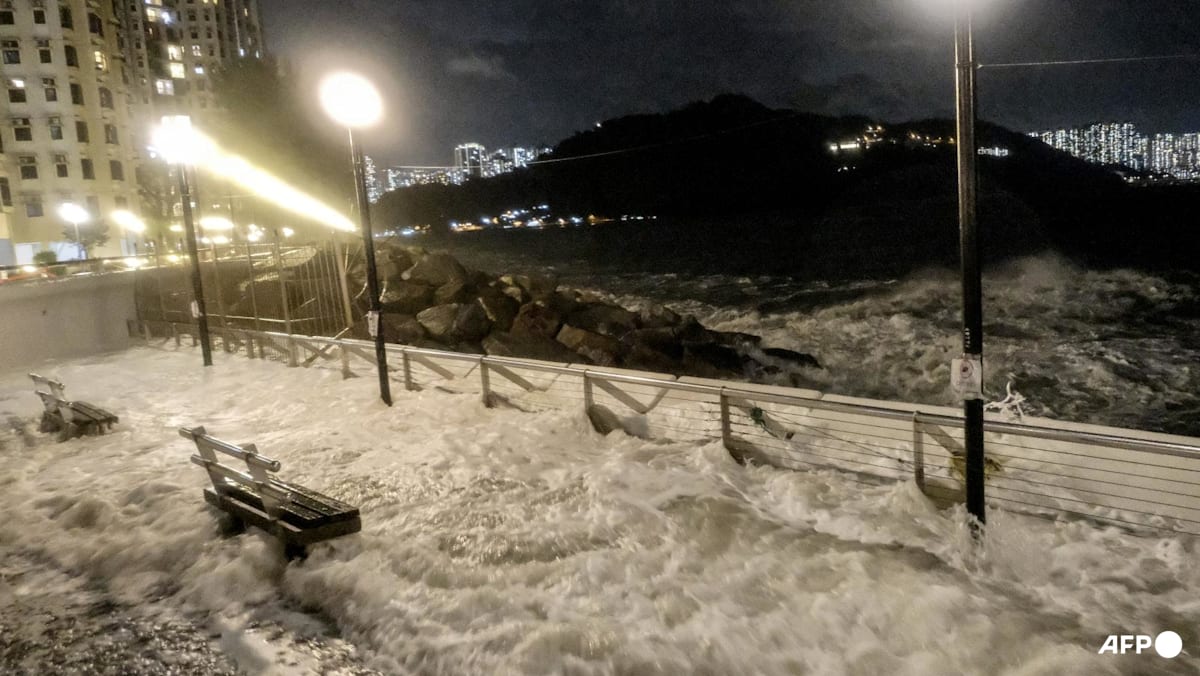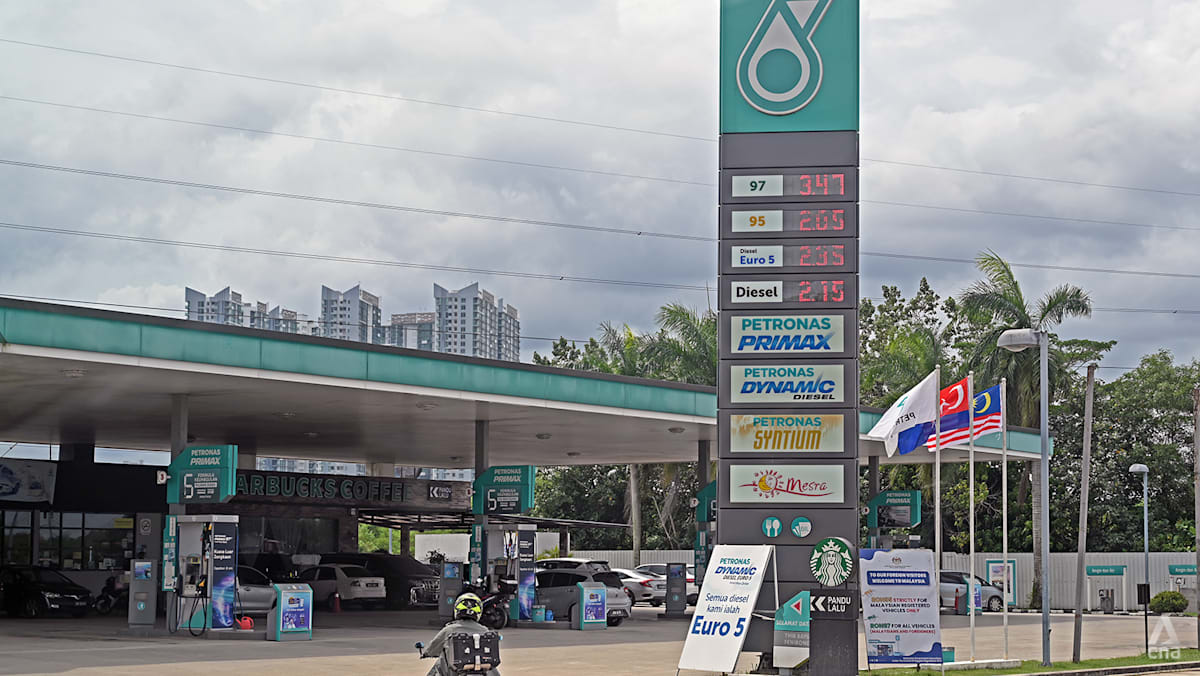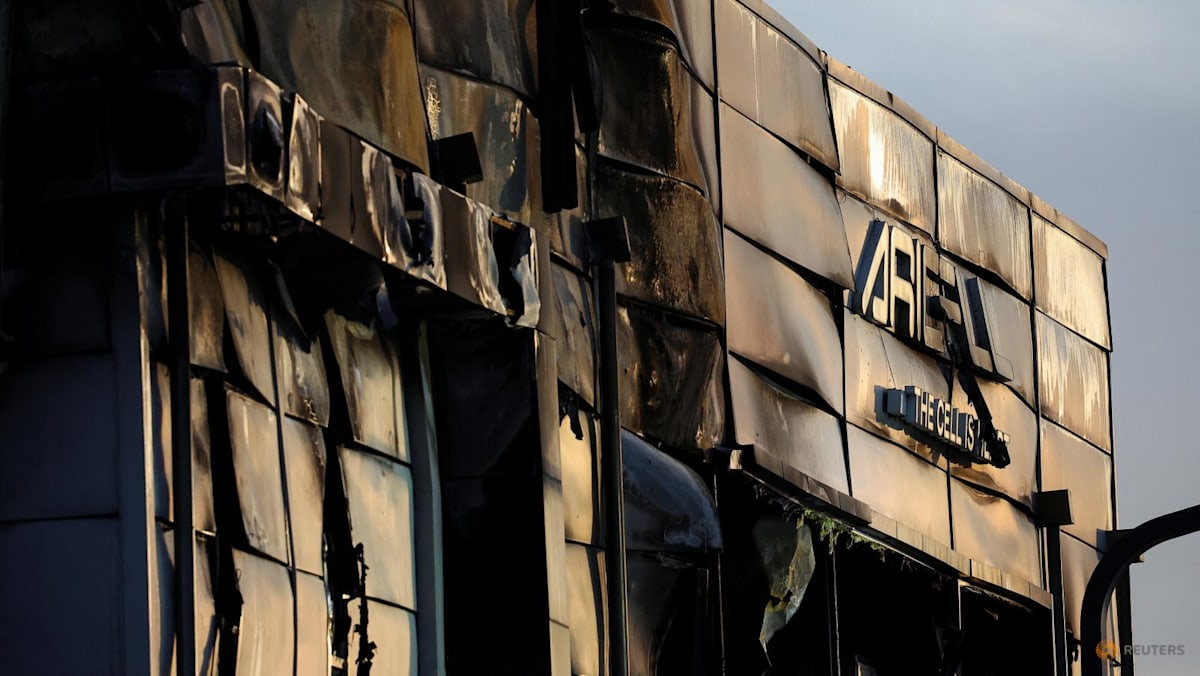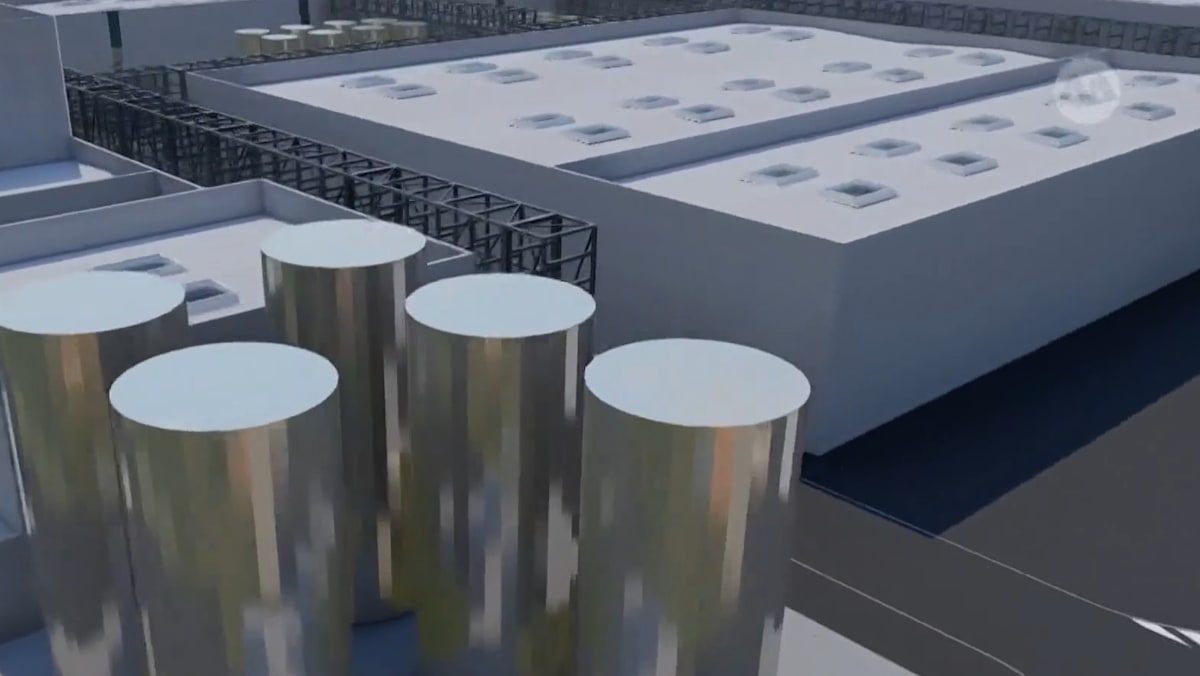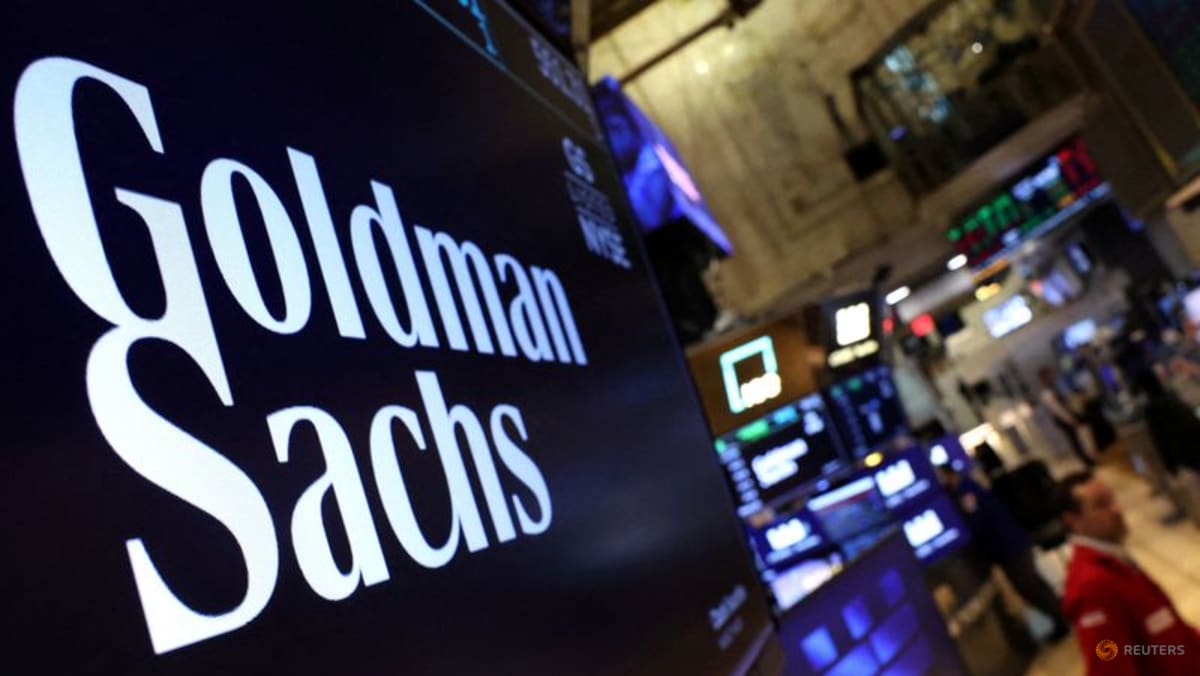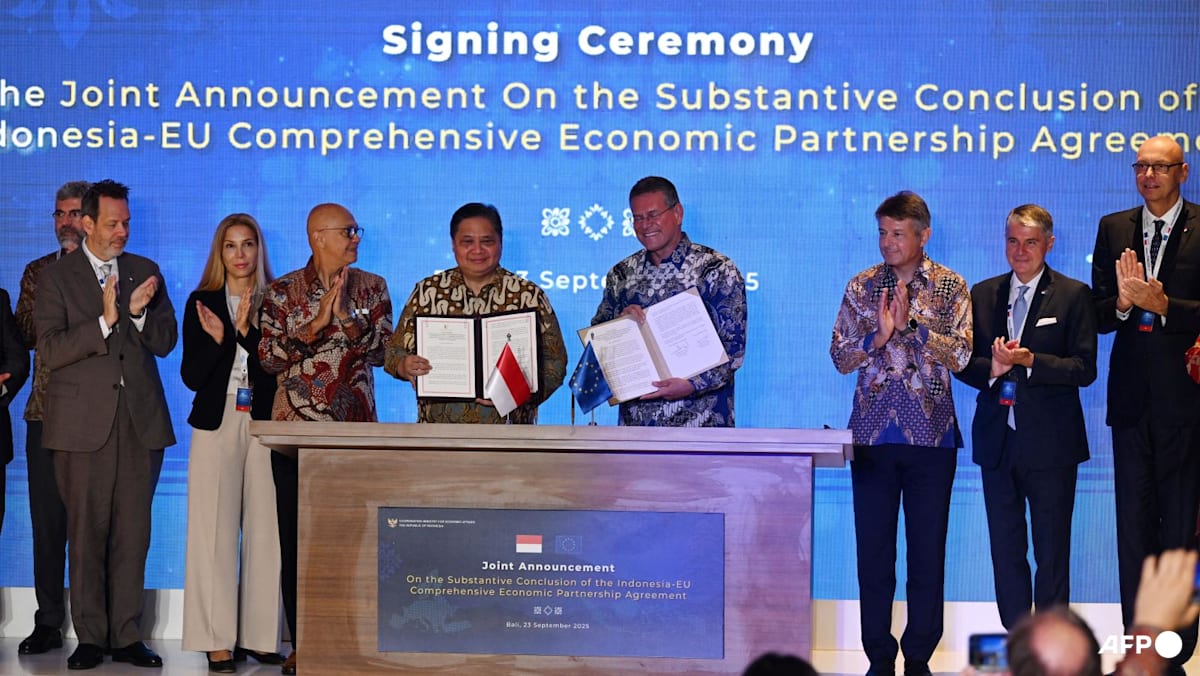BATTERY RECYCLING
Battery recycling is another consideration for both India and Pakistan, because it will enable them to ensure a steady source of materials essential for the development of lithium-ion and next-generation EV batteries. Given the heavy upfront costs involved in the process, India and Pakistan are well-advised to prioritise recycling at a time when foreign automakers are keen to invest.
Pakistan’s reliance on EV battery imports will inhibit its goal to ramp up EV manufacturing, underscoring the need for an early battery recycling framework. While Pakistan is still many years off its EV growth targets, it is important that it assures EV investors that the framework can be translated into a battery recycling ecosystem in due course.
India appears to be weathering this challenge more effectively. From brands such as Mahindra to Ather Energy, EV model manufacturing has seen an uptick, with battery manufacturing start-ups complementing the surge. Real-time recycling will ensure that top brands have short waiting periods in mass production, sparing countries the costs of depending on EV supply chains to plug raw material shortages.
Growing interest by Chinese EV makers, including BYD, suggests that the moment is right to communicate regulatory certainty to international investors. “We do not foresee excess capacity in our system as demand in Pakistan will catch up,” said Danish Khaliq, vice president of sales and strategy at BYD Pakistan in a July news report.
Ultimately, India and Pakistan’s EV bets are advantageous prospects if the necessary groundwork is laid early. By giving EV-focused skills, supply chain management and domestic raw material growth due recognition, both South Asian neighbours can advance their EV ambitions.
Hannan Hussain is Senior Expert at Initiate Futures, a think tank based in Islamabad, Pakistan.
